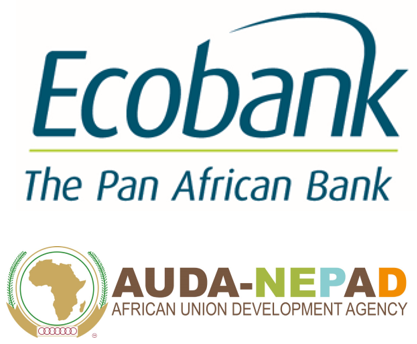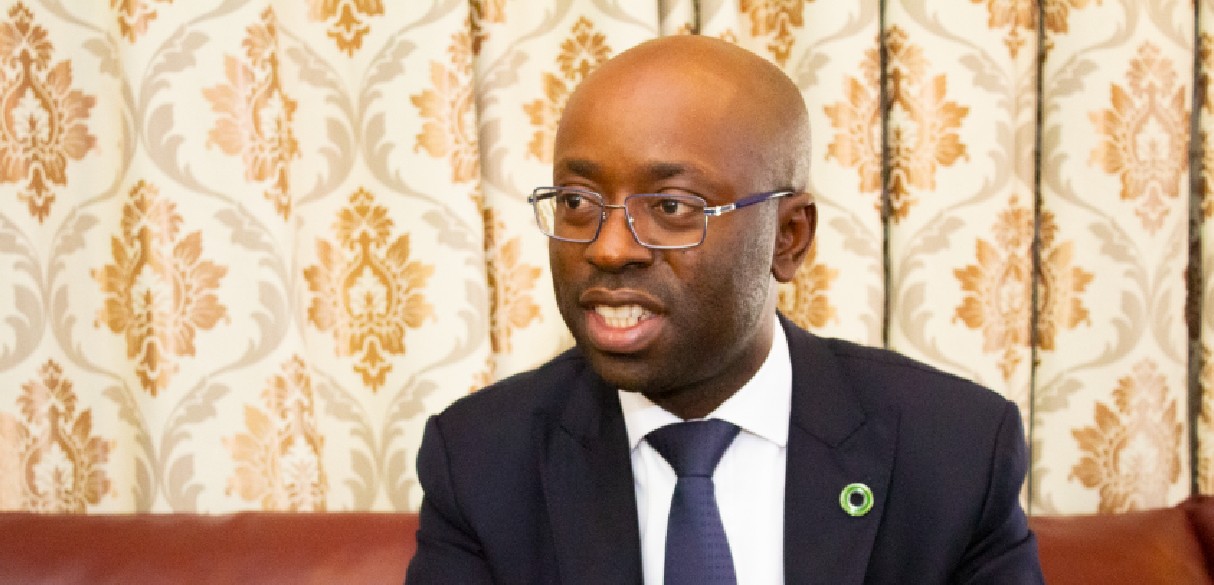COVID-19 struck the world. The impact has been tragic! For some nations like Nigeria, it’s been a double tragedy. The virus attacked not only the health of citizens but also that of the nation’s economy. As was the case elsewhere, the Nigerian economy was shutdown. The country’s airports are still closed; except for essential flights. Lagos, with an economy larger than most sub-Saharan African nations, was put on total lockdown. Same with Abuja, the nation’s capital, Port Harcourt, the oil and gas capital, Kaduna, Kano and other economic nerve centres. Beyond the health implications of the lockdown, Nigeria now has a more significant problem threatening her: a plunge in her revenues.
While the world struggled (still struggling) to flatten the COVID-19 curve, Nigerians watched painfully as the curve for crude oil price nosedived. The oil glut experienced globally ensured a plummet of oil prices. Nigeria was still struggling to get back on her feet from the 2016 economic crises before COVID-19 struck. From enduring a biting recession, and eventually crawling out, things were only just beginning to look up before the rude interruption. Within this period of the pandemic, oil price hit rock bottom. In fact, at some point, the US oil traded in a historic negative.
Crude oil accounts for over 90% of Nigeria’s foreign exchange earnings, and almost 70% of her revenues. Despite over 60 years of oil and gas activities, the country failed to develop the full value chain, and enhance her technological capabilities in the sector; depending mainly on foreign partnerships and joint-ventures. Curiously, for a 60-year old industry, Nigerian crude oil still embarks on a painful and wasteful commute to various refineries around the world; leaving as crude oil, and returning as refined products. With four comatose refineries, Nigerian crude oil still travels through pipelines buried in the deltaic creeks to export terminals, and shipped out across the Atlantic and to other parts; returning via the same tortuous route back as refined products. We are unable to refine our own product. Whatever proceeds that ought to have been made in sales of crude oil, is lost importing refined products. Almost a zero-sum game.
And now, Nigeria has a greater worry. Oil glut and plummeting crude oil price has left the nation badly exposed. With loaded vessels “loitering” in search of buyers, the country is facing an impending fiscal pandemonium amidst the pandemic. India, one of Nigeria’s reliable crude oil buyers, reduced demand by 70%. Demand has also dropped across Europe and in the US. For weeks, Nigerian oil was selling below the production cost of about $22 per barrel. With little or no onshore crude oil storage facility, and with no functional refineries to take on some of the supplies, the country is condemned to continue shipping out her entire production, even in very unfriendly price regime. Buy your sweet crude oil here!
Nigeria’s problems are compounded by poor fiscal planning. The 2020 Budget reads like a poorly written fiction, in the wake of economic realities. First, the budget was predicated on unrealistic estimates. Proposed oil production capacity was put at 2.18 mbpd; oil price estimated to sell at $57/b; the inflation rate was put at 10.81% and an expected GDP growth rate of 2.93%. Juxtapose this with the current realities. For a good part of this year, crude oil price averaged about half of the projected price in the 2020 appropriation, while we also fall short in our projected capacity. Mind the gap!
Yesterday, the National Bureau of Statistics released the quarterly figures for Q1 2020. Curiously, the economy did not contract; rather, there was slowed growth. The GDP grew by 1.87% (year-on-year) in real terms; a drop of -0.23% and -0.68 when compared to Q1 2019 and Q4 2019, respectively. Again, curiously, despite the COVID-19 induced market disruptions, the oil sector grew at 5.06% (year-on-year) in Q1 2020. The non-oil sector grew by 1.55%; representing a slow down of -0.93% and -0.72 when compared to Q1 2019 and Q4 2019, respectively. While the figures released by NBS does not look as bleak as predicted, however, it is important to interrogate the context: this was Q1 report (January to March); the country went on full lockdown sometime in March. Expectedly, the effects would be full-blown by the second quarter. Q2 2020 will not be sexy.
Nigeria’s case is further compounded by the absence of fiscal buffers. The nation depleted her fiscal buffers and embarked on a borrowing spree in the last few years when it was not expedient to do so. Unlike Norway, Qatar and Saudi Arabia with very healthy Sovereign Wealth Funds, Nigeria is like the thin man in the good old wall art that “sold on credit”. Let me share two figures that portray our tragic reality. From the 2020 Appropriation Act, projected revenue from crude oil is 2.64 trillion Naira, while the proposed amount for debt servicing is 2.45 trillion Naira. The implication of this is, with the current realities of plummeting oil price, even if Nigeria channels all of her crude oil revenue in 2020 to debt servicing, she will still not be able to meet her debt service obligation for the period under the review. In simple terms, what the country will make from sales of crude oil, will not even be enough for debt servicing. It’s bad enough to know that almost a quarter of the budget was for debt servicing; it’s even worse to find that we are unable to meet this obligation sustainably.
Sadly, Nigeria is not yet sorting her priorities correctly. Despite the glaring need to diversify the economy of the nation, not much is done by way of clear fiscal, trade, and industrial policies to inspire growth in other sectors. A couple of years ago, it was reported that the nation was still spending billions prospecting for crude oil in the Chad Basin. For about four decades, the country has sunk in billions of dollars in an endless search for oil at the Chad Basin. If the government had given the same attention they give to the oil and gas sector to others, then perhaps the nation would have been in better stead. The country’s leadership is so fixated on crude oil such that two out of the four Presidents in the 4th Republic, reserved the Ministerial portfolio in the Petroleum ministry for themselves.
Nigeria will have to plan for life ahead; post-COVID. As the pandemic has shown, nations, who fail to plan proactively get exposed at the slightest turbulence. It’s a time to act, not a time to lament. It’s time for quick thinking. In every crisis, there are opportunities. Norway’s $1 trillion Sovereign Wealth Fund took advantage of the hit, to buy up US shares that were hit by the recent crises. Saudi Arabia’s $300 billion Sovereign Wealth Fund also cashed in, buying stakes in Facebook, Boeing and Cisco Systems in the fall out of the pandemic. We do not have such healthy funds, but we can be creative. Nigeria will have to look beyond her obsession with hydrocarbon and put in place a robust policy framework to stimulate the economy and inspire growth in the non-oil sector. We must not get high on our own supply of hydrocarbon.
Tombari Sibe is an Information Technology Consultant and Development Strategist. He can be reached via:
Email: sibe@esensetechnologies.com
Twitter: @rsibe
Linked in: www.linkedin.com/in/tombarisibe


